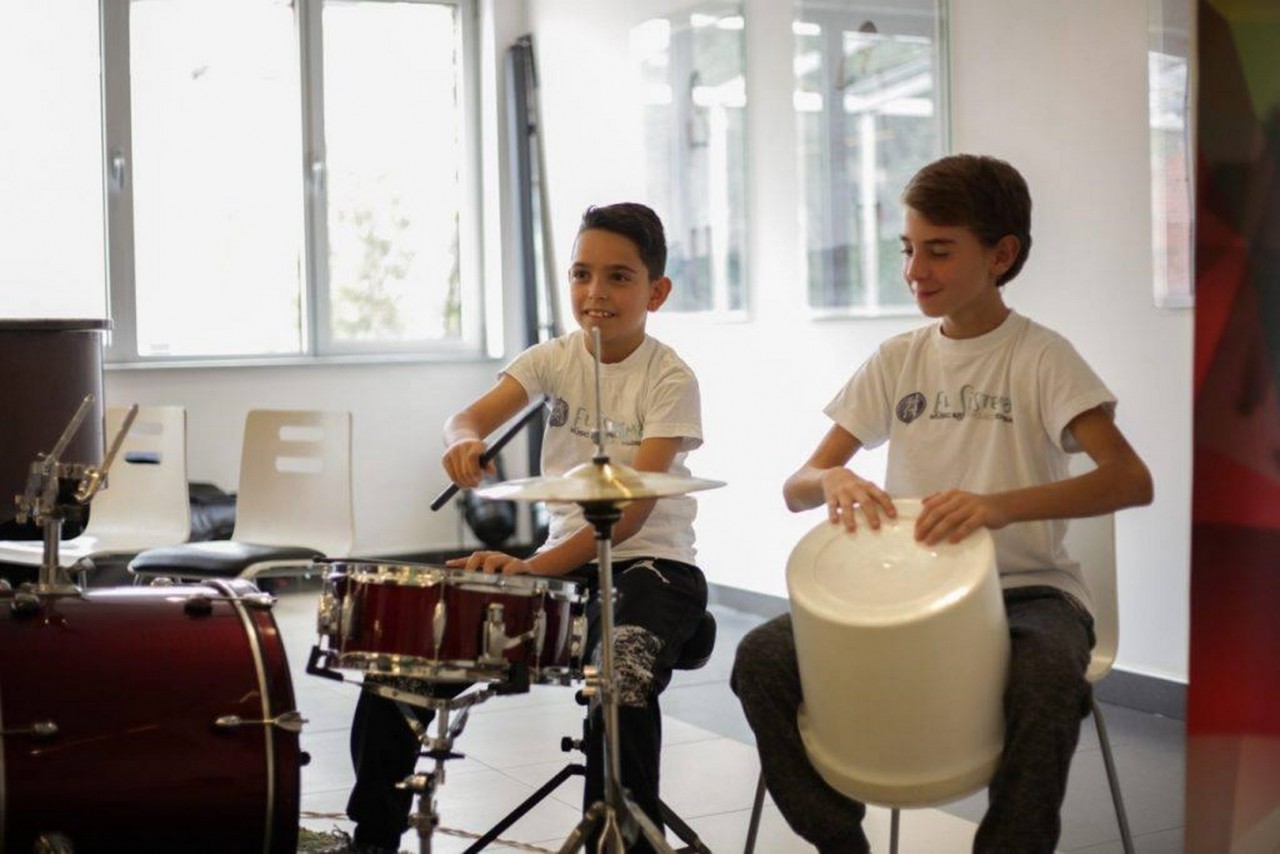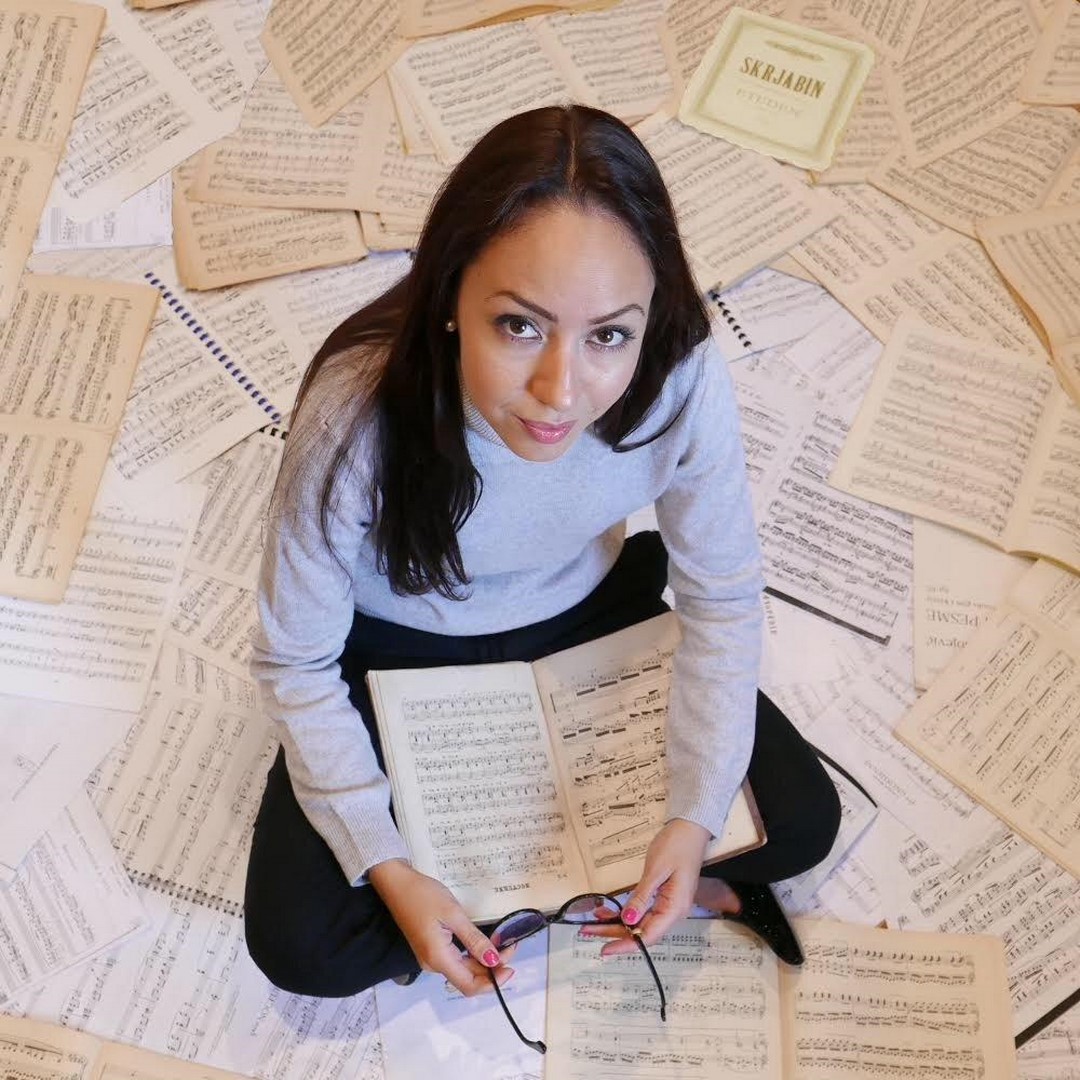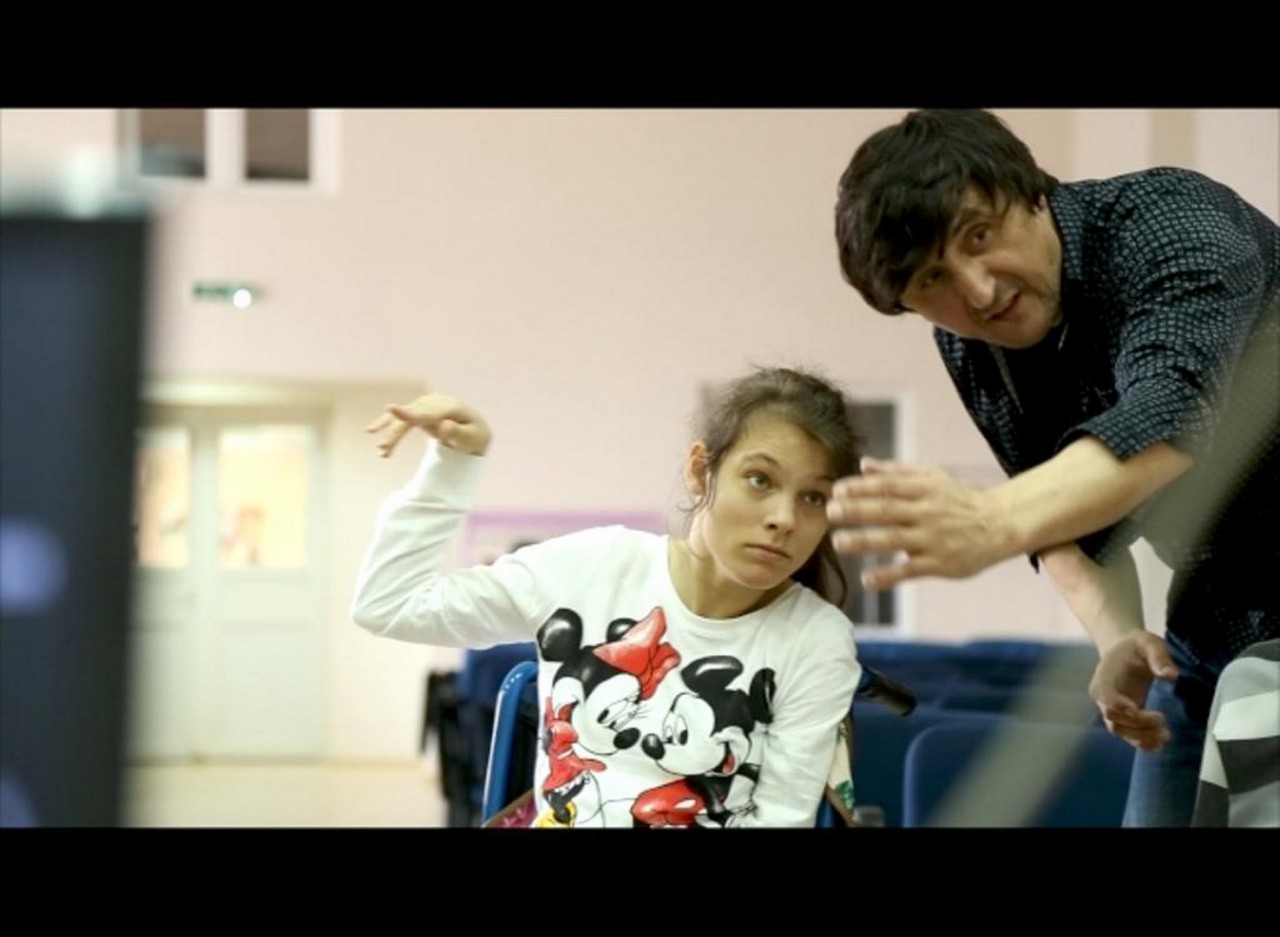I WORKSHOPS – El sistema and Soundbeam
Thursday, 7th November 2019
I WORKSHOPS
Cultural Shelter, 7 Lukijana Mušickog St., 11 am
Centre for Social Work Novi Sad, 13 Zmaj Ognjena Vuka St., 1pm
EL SISTEMA
El Sistema programme of music education was designed and has been implemented in Venezuela for 43 years, and over the time, it has spread to include 60 countries of the world. The El Sistema is a unique, cultural, educational and social programme aimed at social engagement, as well as the development of musical, personal and social skills of children and youth through an innovative approach to musical education. The methodology is based on the joy of performing music in orchestral and choir environment, enabling all children to be understood and accepted inside and outside their community.
The overwhelming success of El Sistema in the last two decades has been recognised globally inspiring hundreds similar programmes currently involving about 4 million children all over the world.
In Serbia, the programme has been implemented since 2014 by the association Music Art Project in cooperation with partners, and it enjoys the support of the Ministry of Education, Science and Technological Development.
The music workshops of the El Sistema programme are organised in a collaborative effort of the Cultural Centre of Novi Sad, the association Music Art Project and the Centre for Social Work of Novi Sad, whose wards and pupils are workshop students.
MAJA VUKOBRAT
Maja Vukobrat is a pianist and music pedagogue involved in the El Sistema programme, as well as a piano teacher at the Elementary Music School “Josip Slavenski” in Novi Sad. In her career she has won more than 30 awards in national and international piano competitions. She is a Laureate of AP Vojvodina for Outstanding Results in the Field of Arts (2014). She has been engaged as an El Sistema workshop teacher in Novi Sad since the very beginning. She is an active member of the chamber duo “Sunrise”, and is active as a creator of original music for the brands Cafe del Mar Music, M Sol Records, and Dolce&Gabbana, among others.
GORAN MILOŠEV
Born in Novi Sad in 1988, Goran Milošev showed his interest in music since early childhood, so he chose his education path in this direction. After completing Music School “Isidor Bajić”, he went on to study Ethnomusicology at the Academy of Arts in Novi Sad, where he defended his Master thesis in 2014. He started his PhD course in 2017, also at the Academy of Arts in Novi Sad, Department of Ethnomusicology. During his career he has been active as a performer, but he predominantly stayed in the field of education. He has worked in a number of Cultural-Artistic Societies, music schools, and in 2017, through the El Sistema project and the Cultural Centre of Novi Sad, he started working in the day care centre of the Centre for Social Work as a singing teacher.
SOUNDBEAM
The music workshop Zvučni snop – Soundbeam operates within the assistive technology team of the School for Special Education School “Milan Petrović” from Novi Sad and is intended for people with disabilities and developmental problems. It is based on the use of a special musical device called “Soundbeam”, which employs sensory technology to produce sound. Sensors register the slightest movement of the human body, so even the people with very poor mobility can take part in creating music. The device is played on as on any other classical synthesizer instrument.
The workshop is led by Žarko Sebić and Renata Koler.
The orchestra Dobri ljudi (The Good People) consists of the workshop students who jointly take part in creating and performing music, mainly improvisations and electronic ambient music. The orchestra has had a number of noted appearances at festivals and events (Novi Sad Jazz Festival, Hearts in Harmony Festival, Street Artists Festival, etc.) and participations in various multimedia projects. The orchestra has made the soundtrack for a short documentary film about a girl with cerebral palsy Kad bih mogla da biram… (If I Could Only Choose…), which has been shown at a number of film festivals in our country (Montreal Feminist Film, Equality Festival Kiev, Budapest Independent Film Festival, Uhvati film festival in Novi Sad, Bosifest Belgrade, etc.).
The explication of best foreign film prize at the Budapest Festival places special emphasis on the contribution of the original film soundtrack, and the general message of the film.
The aim of the music workshop Soundbeam is to involve people with disabilities and developmental disabilities into the cultural life of the community through their active participation in creating and publicly performing music. By creating and performing music they exercises their right and need to creative expression in the field of arts, which encourages their motivation for an active participation in other spheres of life. A very important element of the workshop activities is rehabilitation and education of the students as well as improvement and materialisation of their psychophysical and intellectual abilities.
Workshops of this kind are of great importance for the socially vulnerable groups as they allow them to exercise their basic right and needs as well as a positive inclusion in the community through development and improvement of social and artistic skills.
Besides practicing and publically performing music in joint sessions with professional musicians as well, the workshop students take part in creating music for various multimedia content such as documentary films, radio dramas, etc.
ŽARKO SEBIĆ
Born in 1965 in Aleksandrovac Župski, Žarko Sebić went to Belgrade’s 12th Grammar School, archival-museum section, going on to study archaeology at the Faculty of Philosophy in Belgrade.
Žarko got engaged in music at the age of ten, first as a guitar player and later as a composer of rock, pop and children’s music.
He made his first public appearance with the group Ulični pacovi from Aleksandrovac, and as the author of music and lyrics he appeared with the same group at the Zaječar Guitar Festival 1982. The group got a special recognition from the magazine ROCK 82 as the most promising band and as an award – a recording date in the studio Druga maca in Belgrade.
He was a member of several rock bands, the best known among them being Revolveri (winners of the 1991 Zaječar Guitar Festival and a special recognition and award – recording date in Radio Belgrade’s studio 6), releasing two albums where he was credited as author of music and lyrics on most numbers. The group has had several hits, the best known of which was Nema povlačenja, nema predaje, a song that marked the 1990s civil protests in Serbia and one of the most popular rock songs at the beginning of the decade. The album 24 sata dnevno rokenrol was released in 1993 for the ITMM market production on cassette, and as an LP under the Sorabia Disc label from Niš. With the group Revolveri Žarko has played throughout Serbia and at several rock festivals.
As a composer, Žarko Sebić has appeared at a number of festivals in our country and abroad (among others, MESAM, BUDVA) and collaborated with various domestic artists and groups such as: Slavko Štimac, Dušan Prelević, Bora Đorđević, Milan Delčić-Delča, Vlada i Gile, Orthodox Celts, Bajaga, and many others.
Since 2000 he has been active in the field of children’s music as a producer and composer. He has taken part in a number of children’s festivals: Banja Luka, Children’s Theatre Festival in Subotica, Radost Evrope, Čarolija, Kids Fest, Zmajeve dečje igre, Fedraro, etc.
In 2006, with the group Neustrašivi učitelji (Fearless Teachers), he won the national competition for the Children’s Eurovision Song with the number Let’s Learn Foreign Languages and represented Serbia as an independent country for the first time at the Junior Eurovision Song Contest 2006 held in Bucharest. The group won the fifth place in the competition of fifteen performers from all over Europe, and made a lasting impression in a live broadcast followed by about thirty million viewers. Thanks to Eurovision, the song made a small hit in Sweden and was played at many children’s events in that country.
With the support of the organisation Prijatelji dece – Aleksandrovac (Children’s Friends – Aleksandrovac) the group Neustrašivi učitelji (Fearless Teachers) has released an album Muzika za decu, veliku i malu (Music for Children, Both Small and Big) under the PGP-RTS label, performing in cities and towns all over Serbia, including a number of humanitarian appearances. Organised by McDonalds, the group performed for children with developmental disabilities and people with disabilities in McDonalds’ restaurants in Belgrade, Novi Sad, Subotica and Niš. He has collaborated with the association for aid MNRO Aleksandrovac through various music workshops and events for people with disabilities and children with developmental disabilities. He is a member of the Steering Board of the NGO Prijatelji dece srbije (Children’s Friends of Serbia) – Aleksandrovac.
Žarko has been living in Novi Sad since 2010. Since 2012 he has been organising and leading music workshop with a special musical device intended for people with disabilities and children with developmental disabilities in the School for Special Education Milan Petrović.
In 2015, as a composer, arranger and sound recorder, Žarko collaborated in making the soundtrack for a short documentary film about a girl with cerebral palsy Kada bih mogla da biram… (If I Could Only Choose…), where part of the music is performed by the Soundbeam orchestra Dobri ljudi, consisting of the Soundbeam music workshop students. The composition Dunav (Danube) from this film is registered with SOKOJ (national copyright association) as well as the composition Član 27 (Article 27) performed by the orchestra Dobri ljudi.
The film If I Could Only Choose… has been shown at a number of film festivals in our country and abroad: Uhvati film festival (Novi Sad), Bosifest (Belgrade), Montreal Feminist Film Festival (Canada), International Film Festival in Cluj (Romania), International Film Festival in Orlando (USA), EU Regional Festival in Herlev (Holland), and, among others, the Special Independent Film Festival in Budapest (Hungary), where it has awarded as the best foreign film and given a recognition for the original soundtrack.
With the orchestra Dobri ljudi, consisting of students of the workshop for people with disabilities, Žarko has had notable independent and collective public performances with professional musicians from various genres and appeared at a number of music festivals including the Novi Sad Jazz Festival, Street Artists Festival, Hearts in Harmony Festival dedicated to people with disabilities, and many others.
The Soundbeam music workshop project is part of the successful official application of the city of Novi Sad for the prestigious title of the European Capital of Culture 2021.
Žarko Sebić has a home audio recording studio and possess audio and video-editing skills.
CULTURAL SHELTER
Cultural Shelter is a centre for music education where students of all generations gain a feeling for and refine their skills of interpreting and creating popular music. In addition, Cultural Shelter aims to spread knowledge of the history of music and culture in general, as well as to enhance the quality of pop, rock, jazz and blues scenes by creating quality musicians. The pedagogical approach at Cultural Shelter is also different from the standard school approach, as the centre supports, emphasizes and nurtures diversity, distinctiveness, authorship and freedom. It is equally about strengthening individualism and team spirit, but first and foremost, attention is paid to the personality and affinities of each student. The centre was founded by guitarist Petar Jelic and cellist Aleksandra Bercek Jelic in 2008. Over 11 years of work and more than 900 students, a musical family has been created that both professors and students feel as an integral part of their daily lives. Thanks to such energy and the work of a team of quality professors – active musicians, Cultural Shelter has become one of the most attractive schools for popular music in Serbia.





